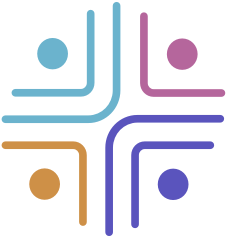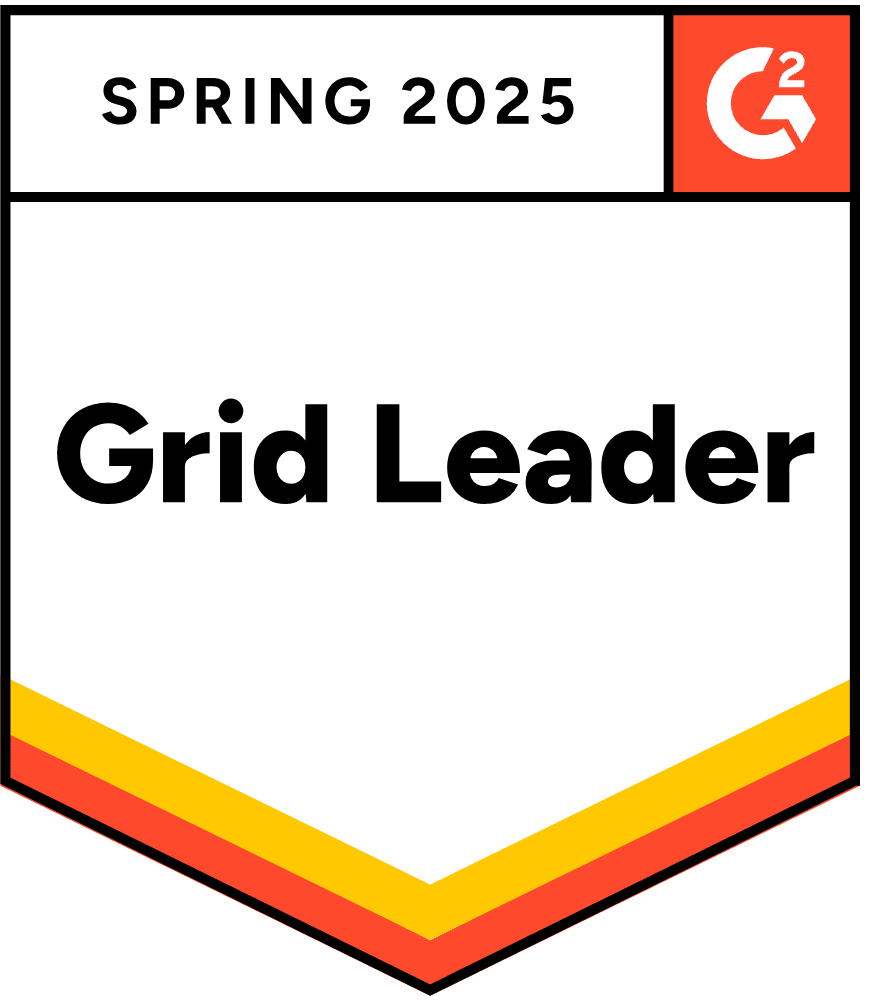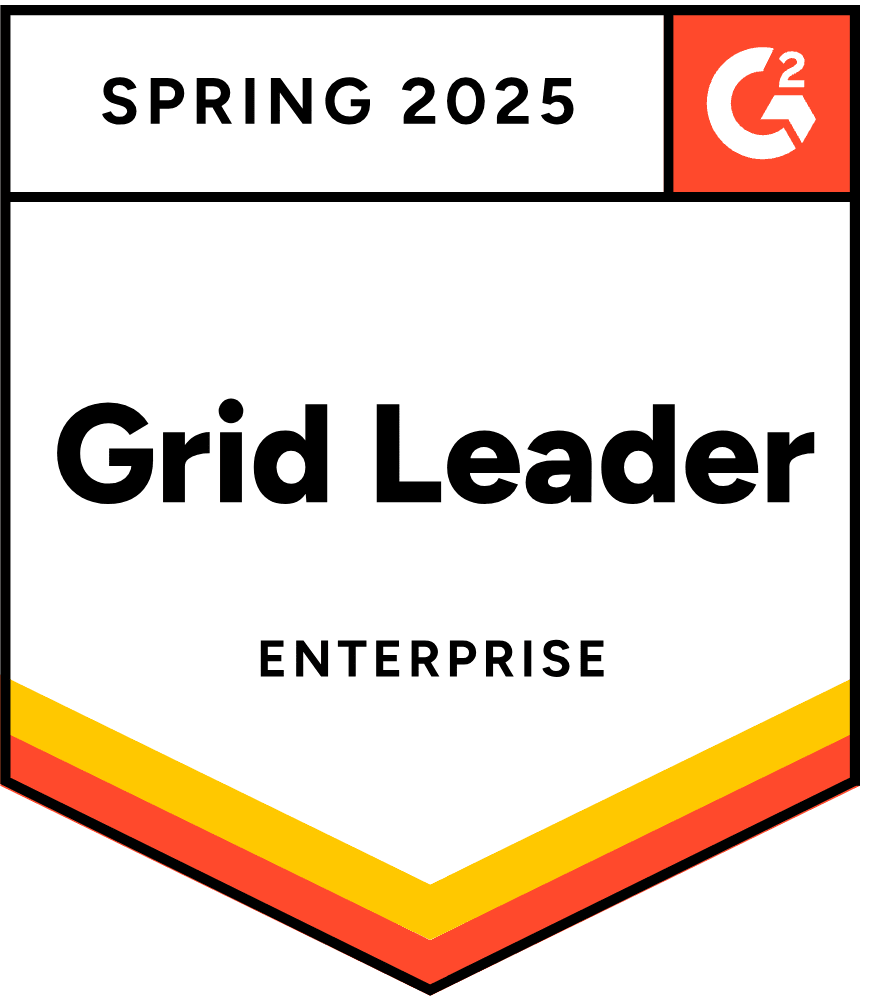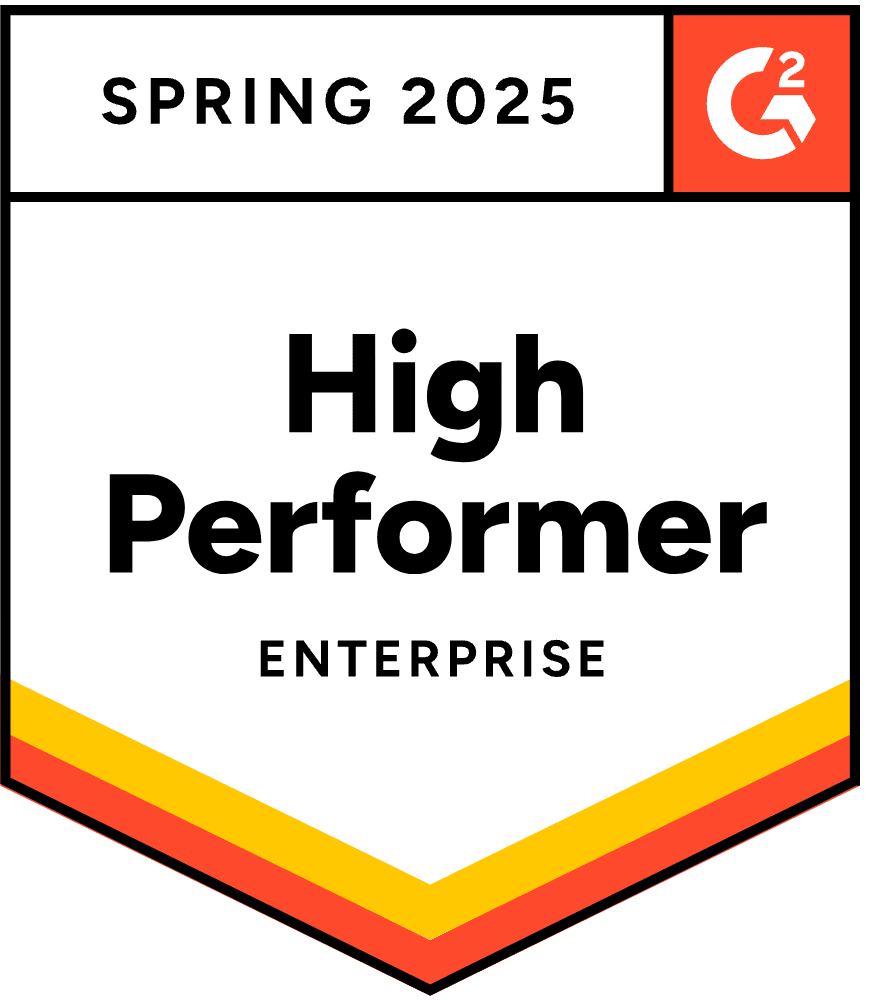Organizations the world over have traditionally found it challenging to hold onto talent – more so over the past year. In fact, the US Bureau of Labor Statistics reports that 3.8 million people voluntarily quit their jobs in April 2023 – the same time when there were 10.1 million job openings. Between the Great Resignation and more recent trends like “quiet quitting,” the market has become fiercely competitive, meaning that traditional approaches to finding and hiring great-fit talent just don’t cut it anymore.
It’s now past mid-2023, and the labor market continues to throw off mixed signals. Certain industries remain starved for suitable talent, while others are struggling to manage sweeping layoffs. Regardless, however, one thing is certain – recruitment teams are under immense pressure to improve their hiring processes and find the best talent for their job openings.
Enter artificial intelligence (AI) to increase hiring quality, selection consistency, and throughput.
How Serious Are Companies About Recruitment AI?
A recent survey of senior HR executives in talent acquisition revealed that nearly three-quarters (73%) of companies accelerated investments in TA technology solutions in 2022, and that 60% are using more TA technologies than they did pre-Covid. Yet, 46% of the respondents polled did not know whether their companies were leveraging artificial intelligence.
Humans are still performing many tasks that could be simplified by AI. Prime examples include candidate sourcing, screening, and interviewing. AI-powered screening tools can significantly shorten the candidate screening process by rapidly parsing resumes for matching keywords that are mandates for job requirements. They can also automatically screen and rank resumes based on past hiring, thereby potentially reducing the screening process by days. Further, they can mine existing resume databases to find best-match candidates almost instantly.
Similarly, the interview process can be automated to a large extent. For instance, scheduling, emailing/texting candidates, candidate engagement, etc. can all be AI-triggered. As the saying goes, time is money. There is obviously a clear case for broader adoption of AI in hiring. Here’s a rundown of the top five applications of AI in talent acquisition.
1. Better Candidate Sourcing
AI has transformed candidate sourcing by enabling companies’ access to a global talent pool. Recruiters can now look for candidates located literally anywhere by scouring online platforms, including not just job sites but also social networks. This helps companies tap into previously unexplored markets, significantly increasing their chances – and speed – of finding better suited candidates with unique skill sets.
2. Data-Driven Decision Making
AI also enables talent acquisition professionals to leverage data-driven decision making. By leveraging real-time data and identifying patterns, AI algorithms can, with a high degree of accuracy, provide intelligent insights into the “fit” of candidates for specific roles. Recruiters can leverage these insights to make informed decisions, resulting in not only better candidate selections but also higher retention rates. Data-driven recruitment also empowers companies to optimize their recruitment strategies, leading to continuously improving hiring outcomes.
3. Enhanced Candidate Experience
One of the best benefits of leveraging AI in recruitment is that besides benefiting recruiters, it also improves candidate experience. AI-powered chatbots and email responses can significantly improve candidate interest and engagement by instantly responding to queries and providing guidance through the application process.
Personalized recommendations can also be provided, based on candidates’ skills and preferences, ensuring a highly tailored and positive experience. This fosters a positive perception of the employer brand, which in turn helps attract top talent.
Well, we’ve done the analysis for you! Take a gander at this go-to source for a complete understanding of how AI can be used in TA.
Are You Evaluating the Pros and Cons of AI for Talent Acquisition?
4. Unbiased, Inclusive Hiring
Conscious or subconscious biases often influence traditional recruitment processes, leading to inadvertent discrimination. AI, however, promotes an unbiased approach to recruitment. AI algorithms are trained to evaluate candidates based on objective criteria, potentially eliminating biases related to gender, ethnicity, or background. This helps foster truly diverse and inclusive workplaces, making for healthy work environments that encourage innovative, improved outcomes.
5. Overall Streamlining of Hiring Processes
One of the key benefits of AI in recruitment is its ability to simplify the hiring process, which has faced a growing risk of overcomplication over the years. AI-powered algorithms can analyze petabytes of data – including resumes, job descriptions, and even desired salary ranges – in a matter of seconds. It can also automate the initial matching and screening processes, reducing recruiters’ time and effort considerably and freeing them up for more strategic tasks, such as conducting interviews and building relationships with potential candidates.
It can Only Get Better from Here
As AI advances, recruiters can expect to gain deeper, more granular insights into candidate profiles, automate more complicated tasks, and predict recruitment trends more accurately. With AI assistance – from distributing jobs to screening, scheduling, and shortlisting – recruiters can choose to focus on the human aspects of the hiring process and fine tuning results.
As AI continues to evolve, embracing it in recruitment is necessary to remain competitive in the race to attract and retain top talent. Thus, the sooner organizations embrace it, the faster they can get ahead of the talent acquisition revolution.
Find out the latest trends in AI-based recruitment by following us on Twitter and LinkedIn. To see for yourself how you can up your recruitment advertising game, see us in action today.














